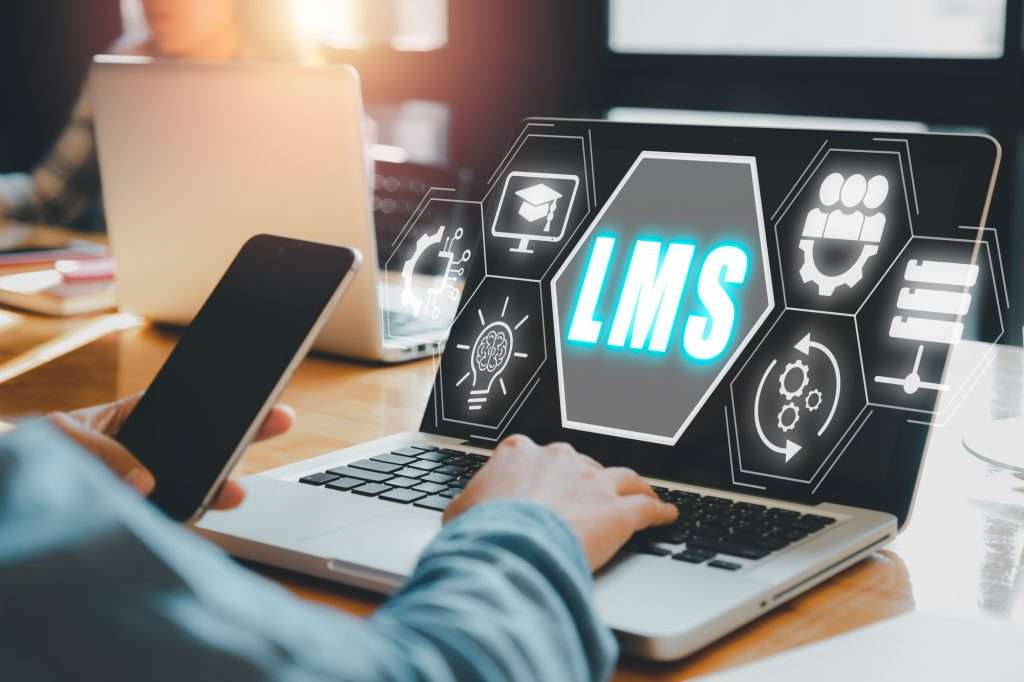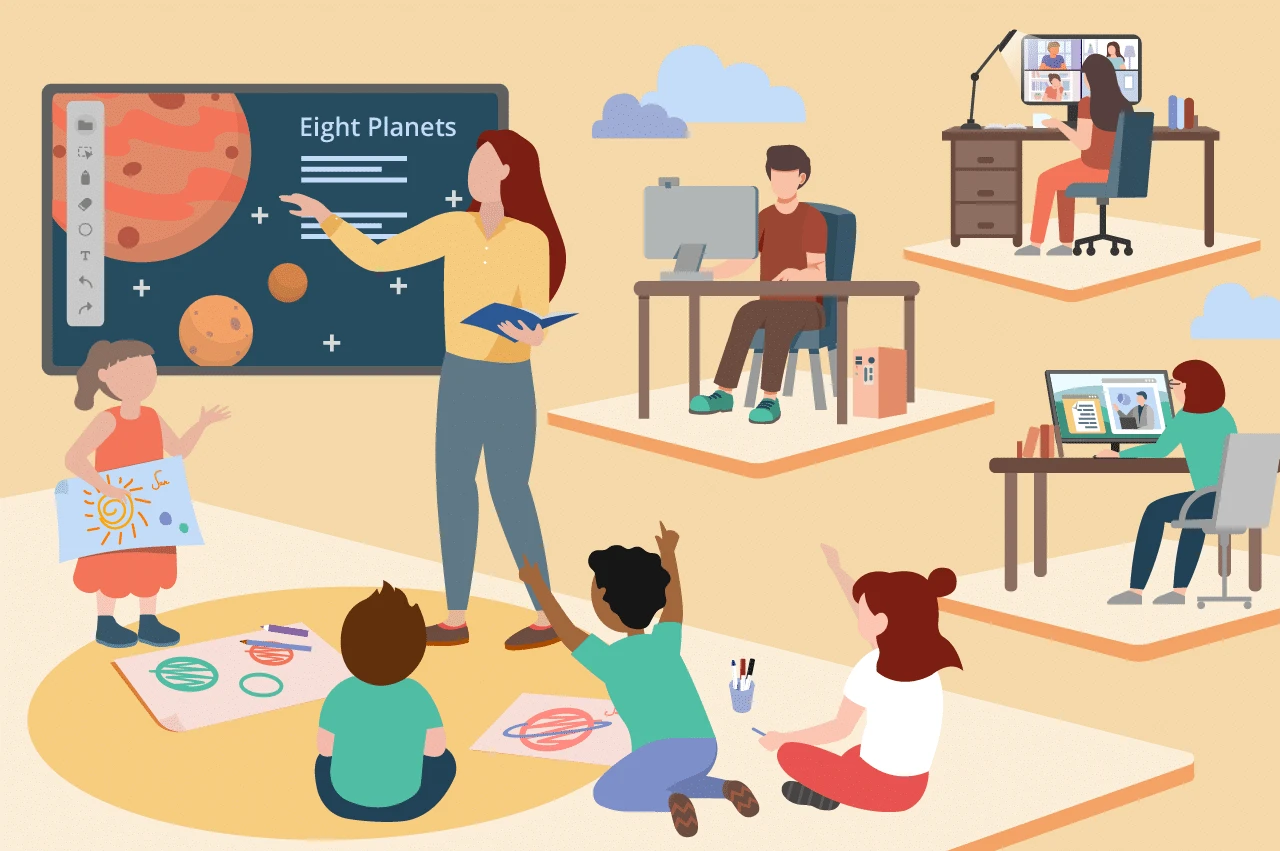Zinc is a vital mineral that plays a crucial role in numerous bodily functions. It is involved in immune function, wound healing, DNA synthesis, and cell division. As essential as it is, the question arises about the best way to take zinc, especially regarding consumption on an empty stomach. This blog post investigates the complexities of taking zinc without food, examining both the benefits and potential drawbacks.
Benefits of Taking Zinc on an Empty Stomach

Increased Absorption
According to the National Institutes of Health (NIH), zinc is more easily absorbed by the body when taken on an empty stomach. This is because certain foods can bind with zinc and hinder its absorption. Consuming zinc supplements without food can maximize the amount of zinc that enters your bloodstream, making it more effective, especially in treating acute conditions or deficiencies.
- The NIH states that zinc absorption can be hindered by phytates found in whole grains and legumes.
- Foods high in calcium and iron may also interfere with zinc absorption.
- Taking zinc supplements on an empty stomach ensures that these interactions are minimized.
Faster Effects
When zinc is taken on an empty stomach, it enters the bloodstream more quickly. This can be particularly beneficial in situations where rapid zinc action is desirable, such as when trying to mitigate cold symptoms or boost the immune response quickly.
- Quick absorption may lead to faster relief of symptoms like sore throat or nasal congestion.
- For those with zinc deficiencies, faster absorption means quicker alleviation of symptoms related to the deficiency.
Better for Certain Health Conditions
For individuals with certain health conditions, taking zinc on an empty stomach might be more beneficial. People with malabsorption syndromes or certain gastrointestinal disorders may find that taking zinc without food enhances its effectiveness.
- Conditions like Crohn’s disease or chronic diarrhea can make nutrient absorption difficult.
- In such cases, taking zinc supplements without food might ensure better absorption and efficacy.
Potential Drawbacks of Taking Zinc on an Empty Stomach
Risk of Gastrointestinal Distress
Taking zinc on an empty stomach can sometimes lead to gastrointestinal distress. Symptoms like nausea, vomiting, diarrhea, and stomach cramps are commonly reported. This is particularly true for high doses of zinc.
- The Mayo Clinic warns about the potential gastrointestinal side effects of zinc, especially when taken without food.
- These side effects can be mitigated by taking zinc with a meal or reducing the dosage.
Interestingly, the impact of fasting on the body’s metabolic processes, such as those experienced during intermittent fasting, can also influence how we respond to supplements and medications. Furthermore, zinc can interact with certain medications, affecting their absorption and efficacy.
Interference with Medication
According to the Cleveland Clinic, zinc can interact with certain medications, affecting their absorption and efficacy. Taking zinc supplements on an empty stomach may exacerbate these interactions, leading to reduced effectiveness of some medicines.
- Zinc can interfere with antibiotics like tetracycline and quinolone.
- It’s crucial to consult with a healthcare provider about potential interactions with other medications.
Increased Risk of Zinc Toxicity
There is also a risk of zinc toxicity, especially when taken in high doses on an empty stomach. Overconsumption of zinc can lead to adverse effects like lowered immunity and imbalances in other minerals.
- Highlights the risk of zinc toxicity and its symptoms, such as fever, cough, and fatigue.
- Sticking to recommended dosages and considering food intake can help mitigate these risks.
Best Practices for Taking Zinc

Consulting Healthcare Professionals
It’s vital to consult with healthcare professionals before starting any zinc supplementation, especially for those with underlying health conditions or taking other medications.
- Healthcare providers can offer personalized advice based on individual health needs.
- They can also provide guidance on the appropriate dosage and form of zinc to take.
Considering Individual Dietary Needs and Health Conditions
Individual dietary needs and health conditions play a significant role in determining whether to take zinc on an empty stomach. For some, taking zinc with food may be more appropriate to avoid gastrointestinal distress or to manage other health conditions.
- For those with sensitive stomachs, taking zinc with food might be more comfortable.
- People with certain health conditions might need to take zinc on an empty stomach for better absorption.
Being Mindful of Dosage and Timing
The dosage and timing of zinc supplements are critical factors in maximizing their benefits while minimizing potential side effects.
- Following the recommended dietary allowances (RDAs) for zinc can prevent the risk of zinc toxicity.
- Timing the intake of zinc supplements in relation to meals and other medications can also influence their effectiveness and reduce side effects.
FAQ
Can taking zinc supplements affect taste and smell?
Yes, excessive zinc intake can sometimes lead to a temporary loss of smell and alterations in taste sensations.
Is zinc safe for pregnant or breastfeeding women?
Zinc is essential during pregnancy and breastfeeding, but it’s crucial to stick to the recommended dosages. Consult a healthcare provider for personalized advice.
How does zinc interact with other minerals like copper?
High doses of zinc can interfere with copper absorption, potentially leading to a deficiency. It’s important to maintain a balanced intake of both minerals.
Can zinc supplements help with acne?
Zinc may help reduce inflammation and suppress oily gland activity, which can be beneficial for acne. However, its effectiveness varies among individuals.
Are there any age-related considerations for taking zinc?
Older adults might need more zinc due to poorer absorption. However, they should also be cautious of potential interactions with medications commonly used in this age group.
How long does it take for zinc supplements to work?
The time frame varies depending on the purpose of supplementation. For acute conditions like colds, effects can be felt quickly, while for chronic conditions, it may take longer.
Can vegetarians get enough zinc from their diet?
While plant-based sources of zinc are less readily absorbed, vegetarians can meet their zinc needs by consuming a variety of zinc-rich plant foods like legumes, nuts, and seeds.
Final Words
In conclusion, whether taking zinc on an empty stomach is good or bad depends on individual health conditions, dietary needs, and the presence of other medications. While there are benefits to taking zinc on an empty stomach, such as increased absorption and faster effects, potential drawbacks like gastrointestinal distress and interaction with medications cannot be overlooked.
Consulting healthcare professionals, considering personal health conditions, and being mindful of dosage and timing are essential for safe and effective zinc supplementation.







